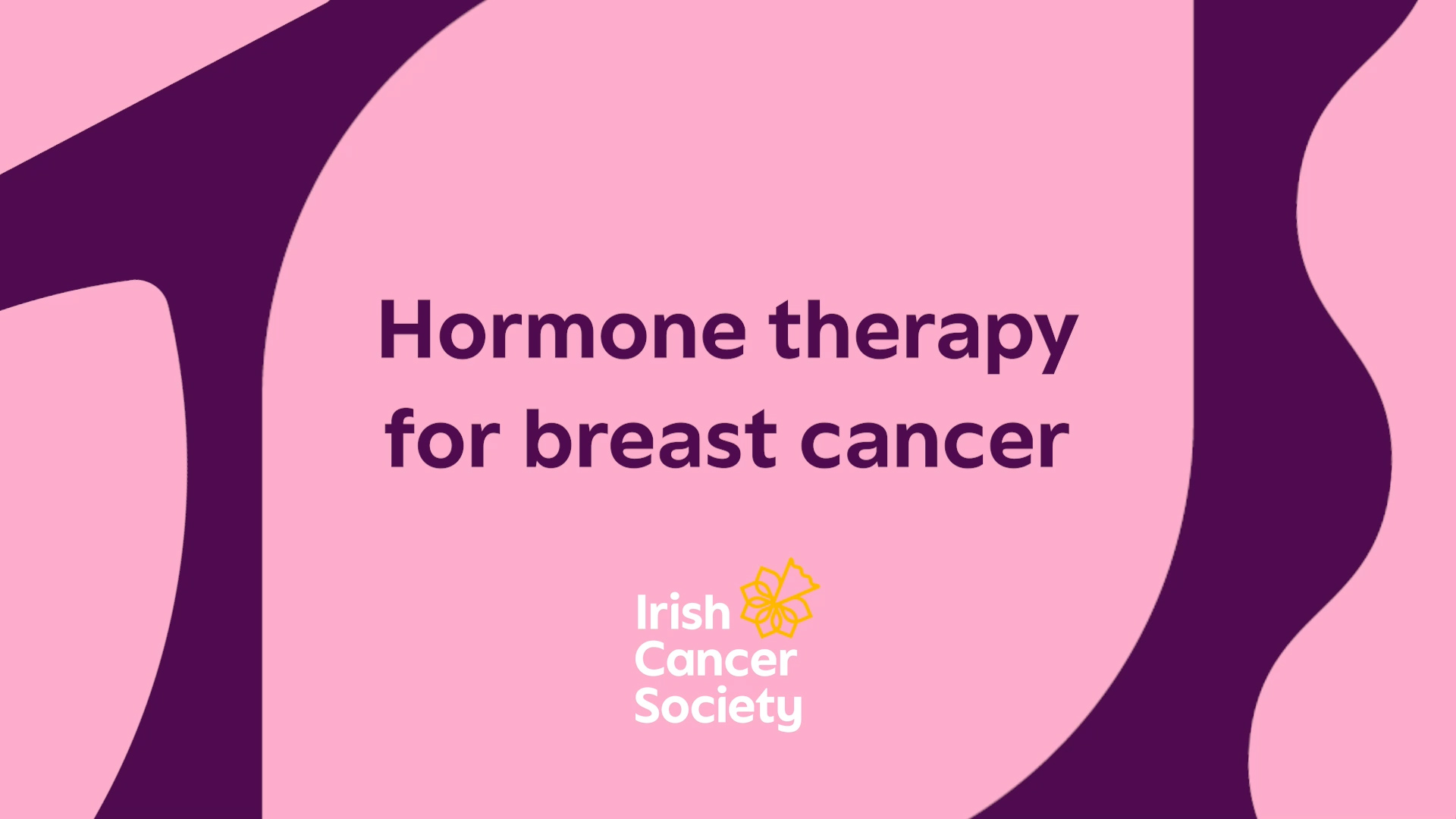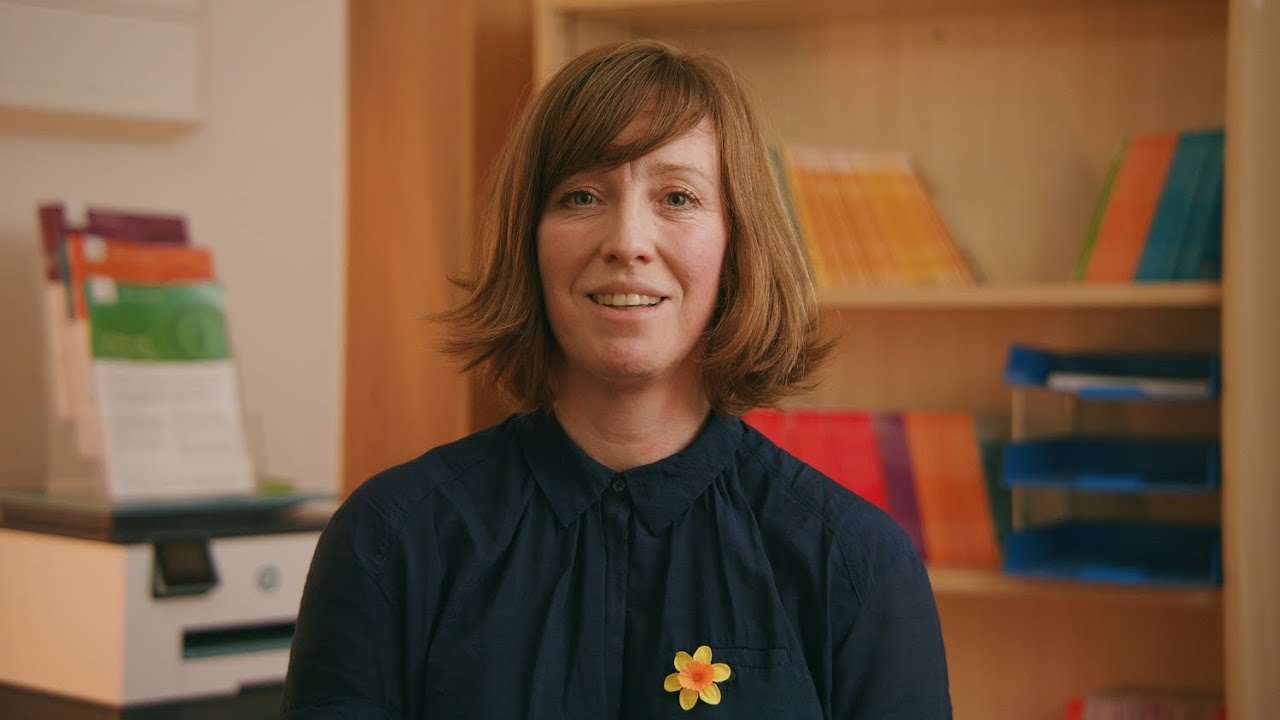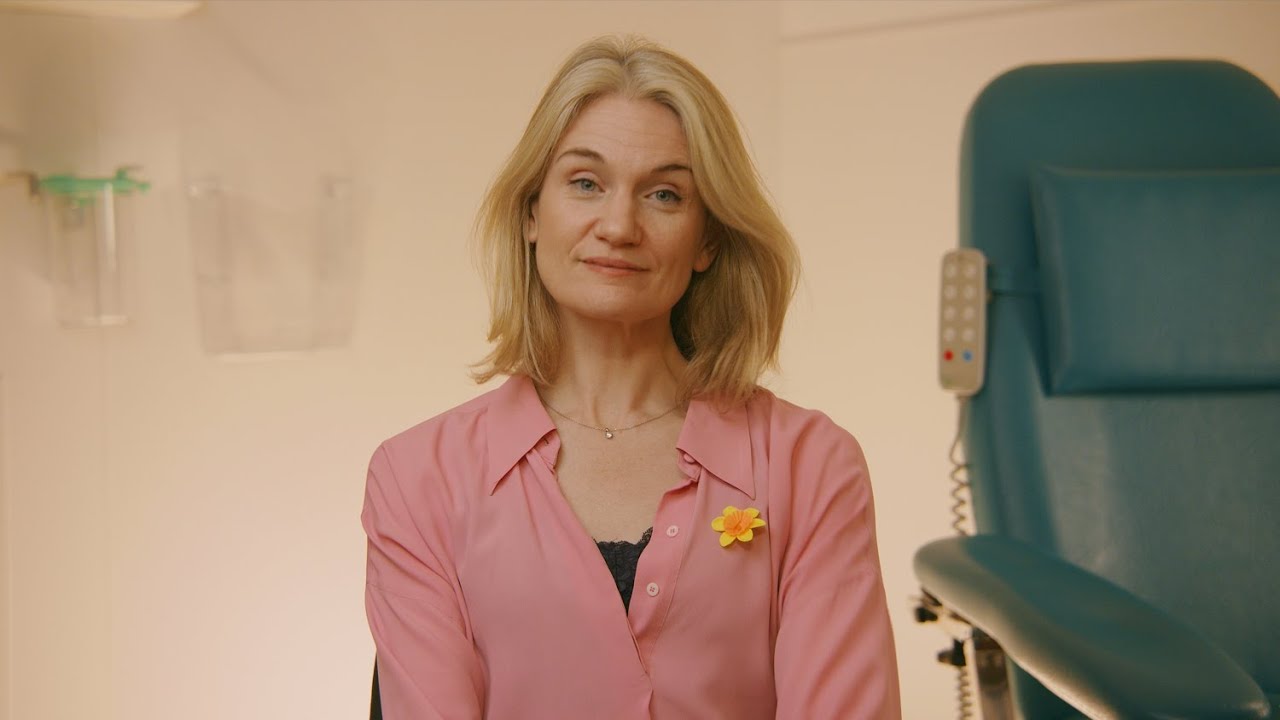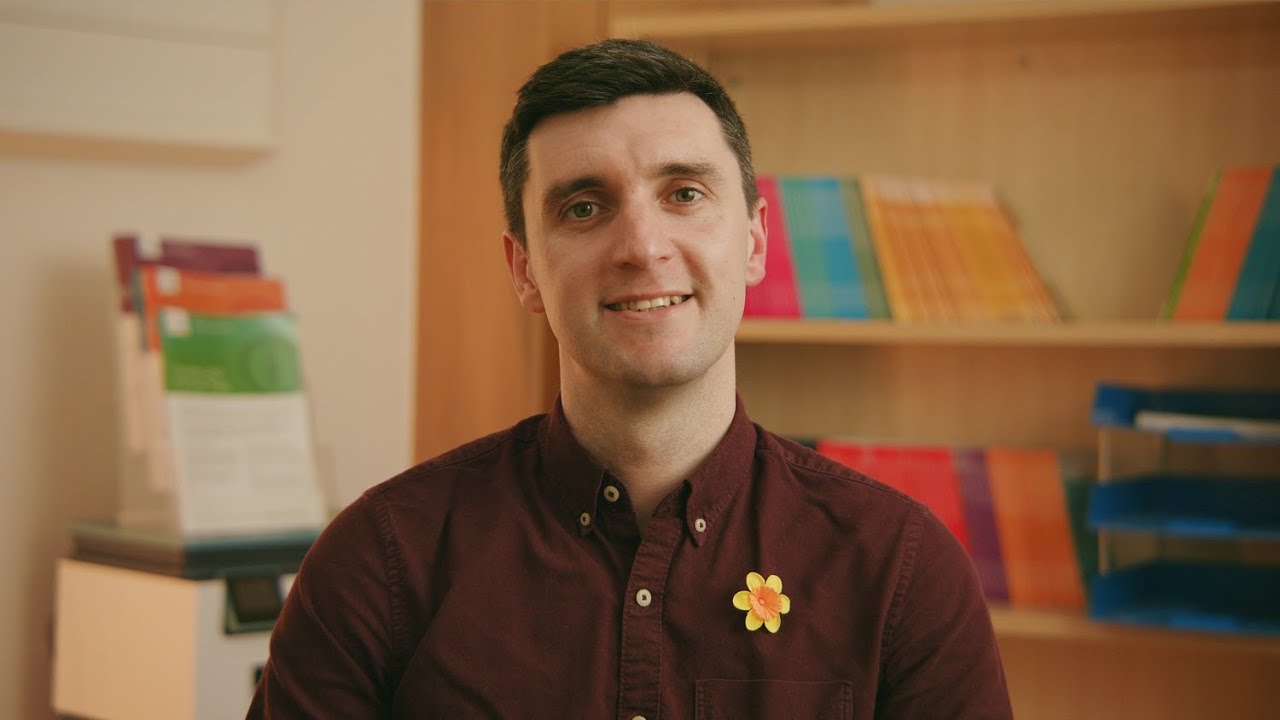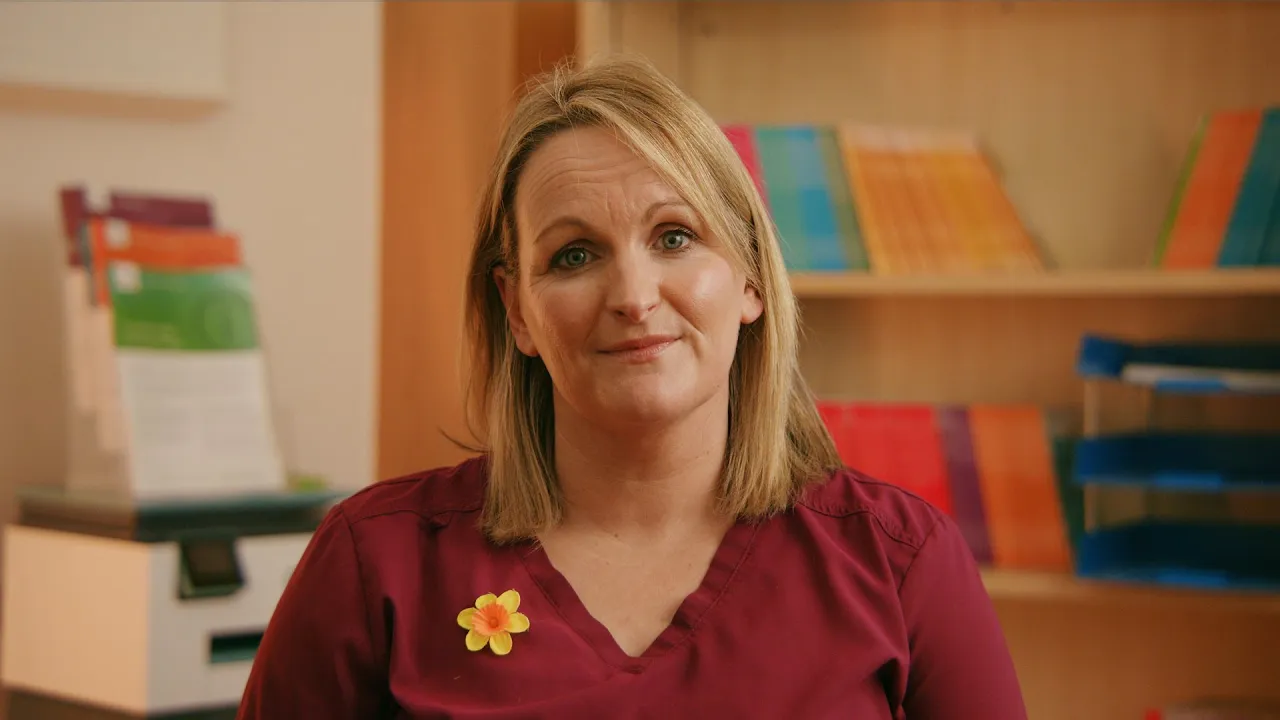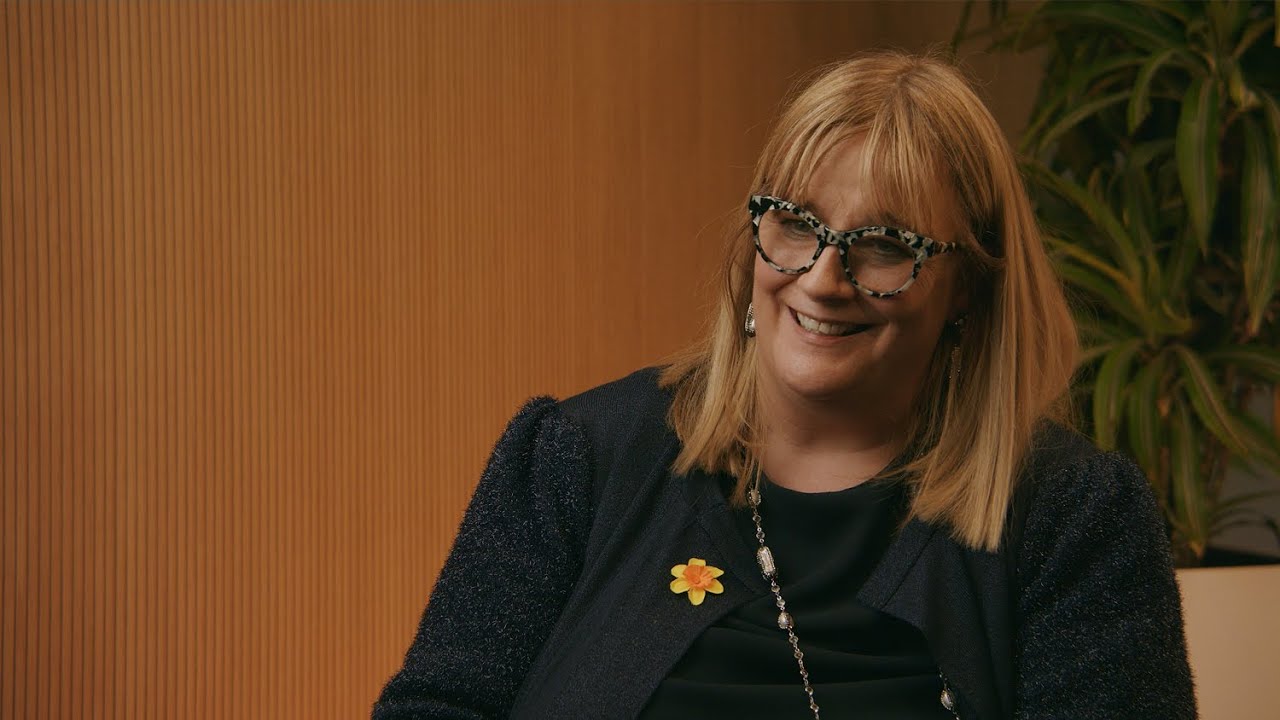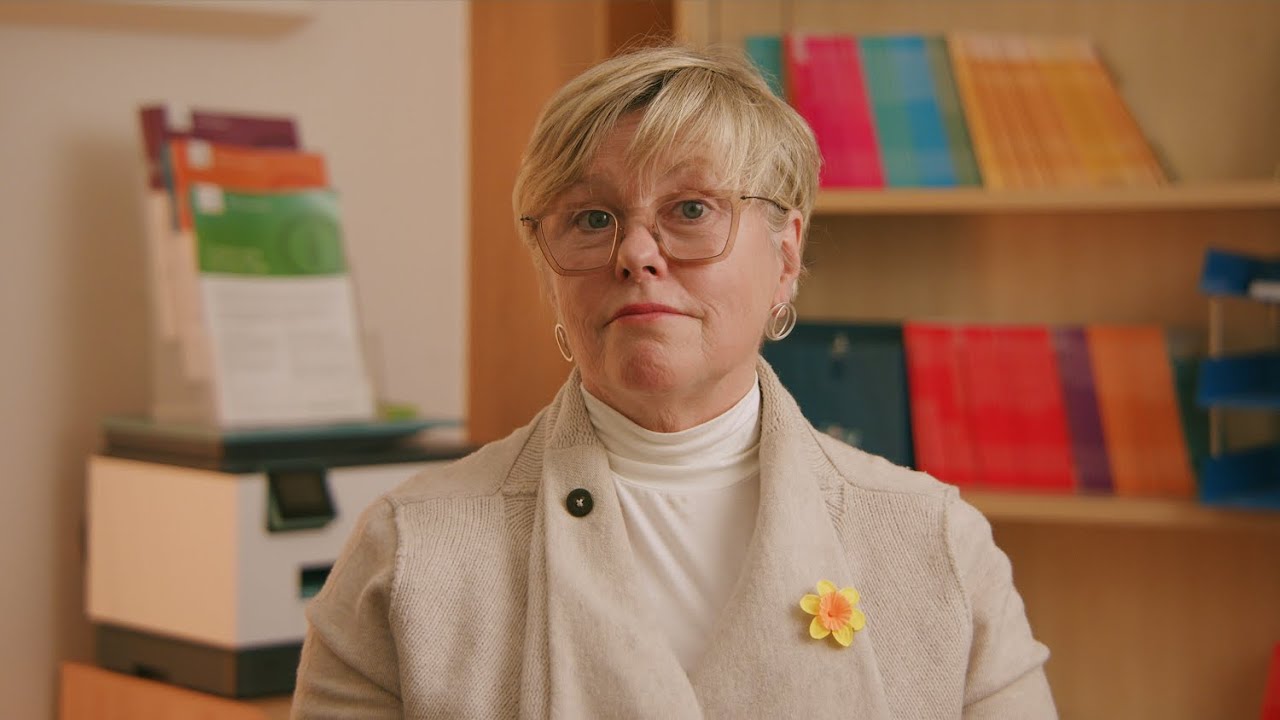Hormone therapy for breast cancer 5: Life on hormone therapy
This video explains the potential side-effects of hormone therapy for breast cancer and provides advice on self-management, staying healthy and active in a positive way.
0:08
Most people cope very well with hormone therapy, but some experience side-effects. However, every person is different, every drug is different, and side-effects vary depending on the individual and the type of hormone therapy prescribed.
0:27
If you are struggling with some of the side-effects, you should not stop taking your hormone therapy without speaking to your doctor or specialist nurse.
0:38
Oestrogen plays an important role in all bodily functions, so when the hormone therapy suppresses your oestrogen levels, you may experience some of the following side-effects.
0:52
Menopausal symptoms such as: hot flushes, restless sleep and insomnia, skin and hair thinning, vaginal dryness, mood disturbance, reduced sexual desire, feeling emotional or low mood or depression.
1:17
Musculoskeletal symptoms such as: achy bones, painful joints, muscle stiffness, reduced bone density, increased risk of osteoporosis.
1:34
Other symptoms such as: abnormal vaginal spotting or bleeding, increased risk of a blood clot, increased risk of high cholesterol and blood pressure, weight gain.
1:52
And of course, the psychological impact of the cancer diagnosis and treatment, which may in turn have an impact on your self-esteem, confidence, relationships, and recovery.
2:07
It can take a few months to settle into hormone therapy and side-effects can range from mild to severe, and they can happen at any time during your treatment. If the side-effects do not improve or are difficult to cope with, talk to your specialist nurse or medical team, who will be able to advise and support you to manage the side-effects.
2:33
For many side-effects, there are supportive therapies that are available to you. If side-effects persist, your medical team may suggest changing to a different type of hormone therapy.
2:46
It is important to note any side-effects you are experiencing and discuss this when you are with your doctor at your follow-up clinic appointments.
2:57
Some of you may have questions about fertility and pregnancy. It is important to avoid pregnancy when taking hormone therapies. If family planning is important for you and your partner at any stage during or after cancer treatment, you can discuss this with your medical team or specialist nurse.
3:20
In some circumstances, there are options to take a break from treatment to pursue pregnancy. This should be discussed honestly with your medical team.
3:31
There are many ways to manage your health and wellbeing while on hormone therapy, and here are some of the most important positive lifestyle changes that you can make while on hormone therapy. These are recognised and evidence-based recommendations and we cannot emphasise enough how important this is and we recommend that you take a proactive approach to the following:
4:00
Some hormone therapies can slightly increase your risk of developing osteoporosis. Looking after your bones can help to reduce your risk of fractures and benefit your overall health. Being physically active can really help, in particular; weight-bearing type exercise, such as pilates, yoga, or light weightlifting.
4:22
Ensuring a calcium-rich diet and adequate vitamin D with a supplement is also important.
4:28
Your medical team or GP may also want to monitor your bone density with regular DEXA scans, while on or after treatment.
4:38
Exercise is safe and beneficial for most people and contributes significantly to reducing the side-effects of hormone therapy. And helps with such symptoms as: hot flushes, sleep disturbance, mood, and weight gain.
4:57
If you are experiencing side-effects of cancer treatment, like fatigue, low mood, or weakness, the thought of exercise might seem challenging or even impossible. It's important to know that exercise which should include: weight-bearing exercises such as stair climbing, walking, yoga, hiking, and dancing, as well as stretching exercises for your muscles and joints can help with side-effects. Even a small amount of movement can help.
5:31
Your GP, medical team, specialist nurse, or physiotherapist can advise you on how to move your body and get the benefits of activity at any stage of cancer.
5:43
If you need help getting started and want to make a plan tailored to your needs, you could also get in touch with a chartered physiotherapist, who will help you to become more active in a safe and supportive way.
5:58
There are many factors that cause patients to gain weight while on hormone therapy. Changes in diet and reduced physical activity levels can influence weight gain. Hormone therapy can also cause changes in body composition, meaning you can lose muscle and gain fat.
6:22
There are some things you can do to help you to be as healthy as possible, such as: limit your consumption of red and processed meat, limit your consumption of fast foods and other processed foods, high in fat, starches and sugar. Eat more whole grains, vegetables, fruit and beans. Limit your consumption of alcohol and sugar-sweetened drinks. Ensure you have adequate intake of calcium and vitamin D, to support healthy bones.
7:01
If you would like to get specific advice on diet and nutrition, speak with your specialist nurse, as they may be able to refer you to a dietitian.
7:12
Breast cancer and hormone therapy side-effects, can affect how you feel about yourself and your sexual relationships. This is not unusual. You can still enjoy a close and loving relationship with your partner, but if you are having some physical or psychological difficulties, please do not hesitate discussing these issues with your GP, medical team or specialist nurse. They can discuss options and direct you to specialist advice and services.
7:44
We have provided you with a lot of information today. However, we believe that sharing a patient’s experience may be of great benefit to you. Watch Jennifer's video, where she shares her personal hormone therapy experience and advice.
Hormone therapy for breast cancer playlist
